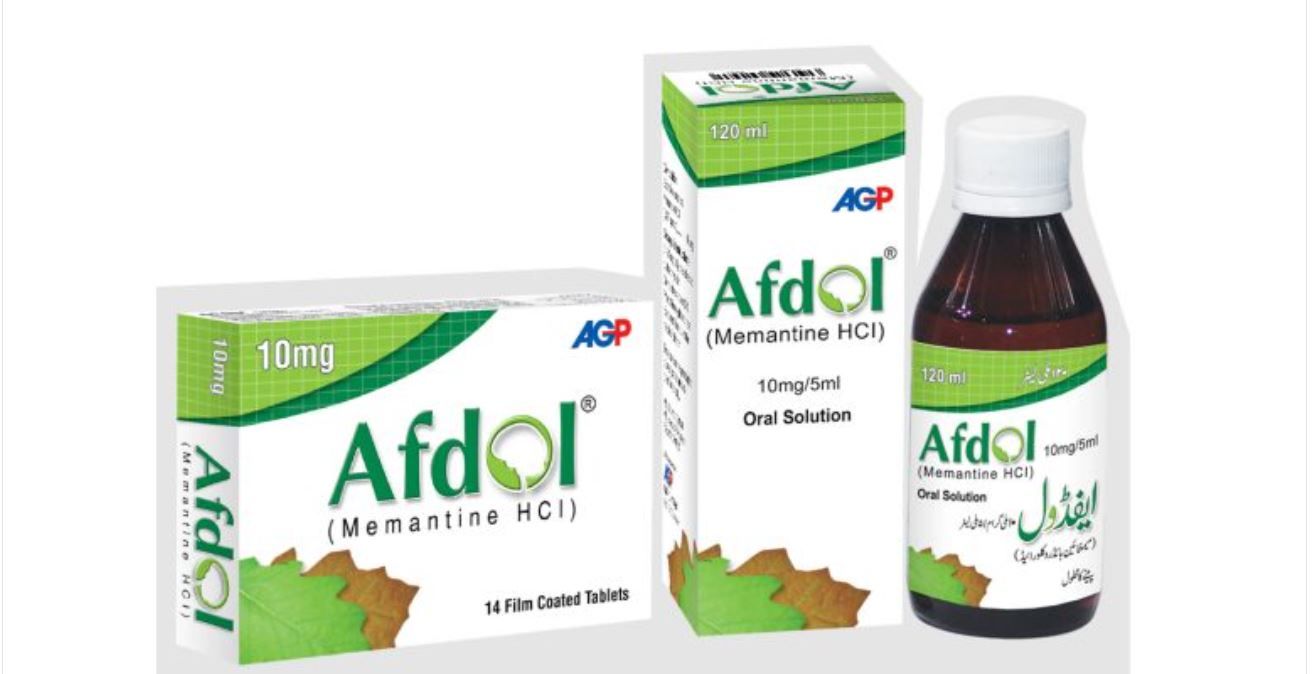What Is Alzheimer's Disease and How to Deal With It?
Alzheimer's disease is a neurodegenerative disorder that affects the brain, causing cognitive decline and memory loss. It is a progressive disease that worsens over time and can ultimately lead to a complete loss of cognitive function. It is the most common cause of dementia in older adults and currently affects over 50 million people worldwide. However, you can deal with Afdol Tablet but still you should know about it in detail. Read on.
Overview:
The exact cause of Alzheimer's disease is not fully understood, but it is believed to be a combination of genetic, lifestyle, and environmental factors. Research suggests that the disease is caused by the accumulation of two types of abnormal proteins in the brain, called beta-amyloid and tau. These proteins cause damage to the brain cells, leading to the symptoms of Alzheimer's disease.
The symptoms of Alzheimer's disease typically begin with mild forgetfulness and confusion, which gradually progress to more severe cognitive decline. Other symptoms may include difficulty with language, changes in mood and behavior, and a decline in the ability to perform everyday tasks. As the disease progresses, individuals with Alzheimer's disease may require assistance with basic activities of daily living. You can get all your medicinal stuff from an

.
How To Deal With It?
Currently, there is no cure for Alzheimer's disease, but there are treatments available that can help manage symptoms and improve quality of life. These treatments may include medications to manage cognitive symptoms, such as memory loss and confusion, and lifestyle interventions, such as exercise and a healthy diet.
In addition to medical treatments, there are also several strategies that can help individuals with Alzheimer's disease and their caregivers cope with the challenges of the disease. These may include:
Establishing a routine: Creating a consistent daily routine can help individuals with Alzheimer's disease feel more secure and reduce anxiety.
Simplifying tasks: Breaking tasks down into smaller, more manageable steps can make them less overwhelming for individuals with Alzheimer's disease.
Creating a safe environment: Removing potential hazards from the home, such as loose rugs and sharp objects, can help prevent accidents and injuries.
Engaging in activities: Engaging in activities that the individual enjoys, such as listening to music or doing puzzles, can help improve mood and cognitive function.
Seeking support: Joining a support group or working with a therapist can provide emotional support and help caregivers learn effective coping strategies.
Myths To Know:
There are several myths and misconceptions surrounding Alzheimer's disease. Some of the most common myths include:
Only old people get Alzheimer's disease: While it is true that Alzheimer's disease is more common in older adults, it can affect people of any age. In fact, there are some rare forms of the disease that can occur in individuals in their 30s, 40s, and 50s.
Memory loss is a normal part of aging: While it is true that some memory loss is a normal part of aging, significant memory loss and cognitive decline are not. Alzheimer's disease is a progressive disease that causes significant memory loss and cognitive decline over time.
Alzheimer's disease is always hereditary: While genetics can play a role in the development of Alzheimer's disease, it is not always hereditary. In fact, the majority of cases of Alzheimer's disease do not have a known genetic cause.
There is nothing you can do to prevent Alzheimer's disease: While there is no surefire way to prevent Alzheimer's disease, there are several lifestyle factors that can help reduce the risk of developing the disease. These include exercise, a healthy diet, and social engagement.
Alzheimer's disease is untreatable: While there is no cure for Alzheimer's disease, there are several treatments available that can help manage symptoms and improve quality of life. These treatments may include medications and lifestyle interventions.
End Words
Dealing with Alzheimer's disease can be challenging, both for the individuals who are diagnosed with the disease and their loved ones. However, with the right treatment and support, it is possible to manage the symptoms and maintain a good quality of life. If you or a loved one is experiencing symptoms of Alzheimer's disease, it is important to seek medical attention to receive an accurate diagnosis and begin treatment as soon as possible.